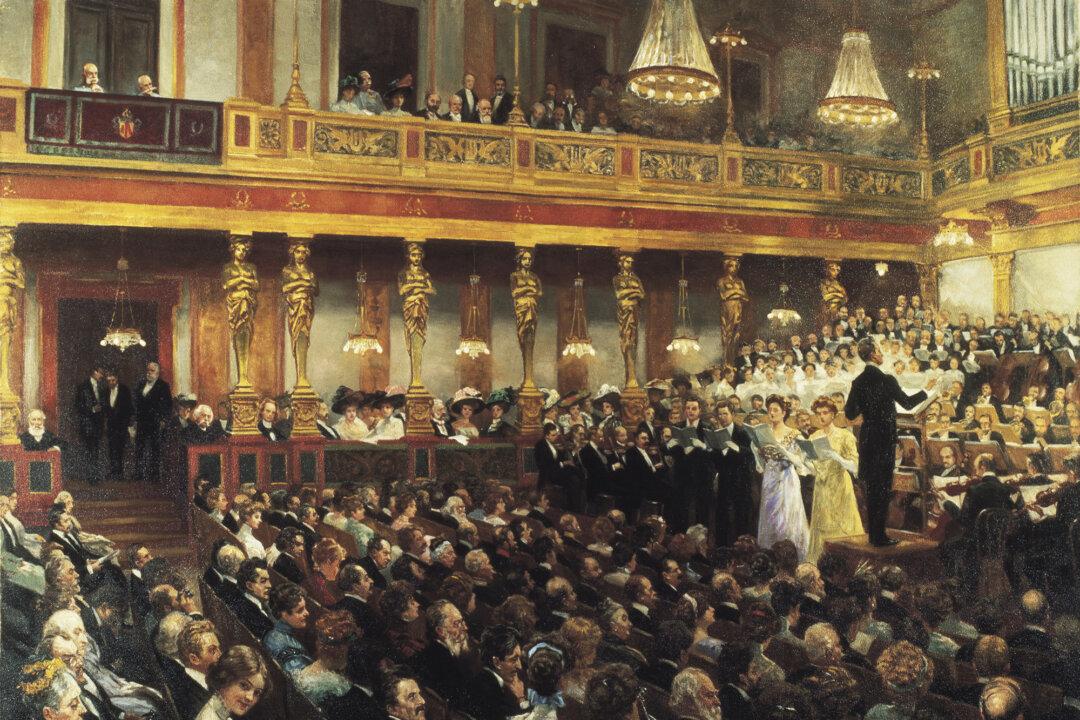“Is the first person who will live to 150 alive today?” asked a recent Wall Street Journal article. The piece features biology professor Steven Austad who contends that “today’s college students ... can expect to live a century or more because their health will be unlike anything seen before in human history.”
I had to suppress a giggle over that statement, especially as Austad went on to say that this extended life span “will be due to our new ability to prevent and delay most or all of the diseases and disabilities that plague later life.” I’m sure many of us would be curious to hear Austad explain how the COVID-19 pandemic fits his view of the future.






